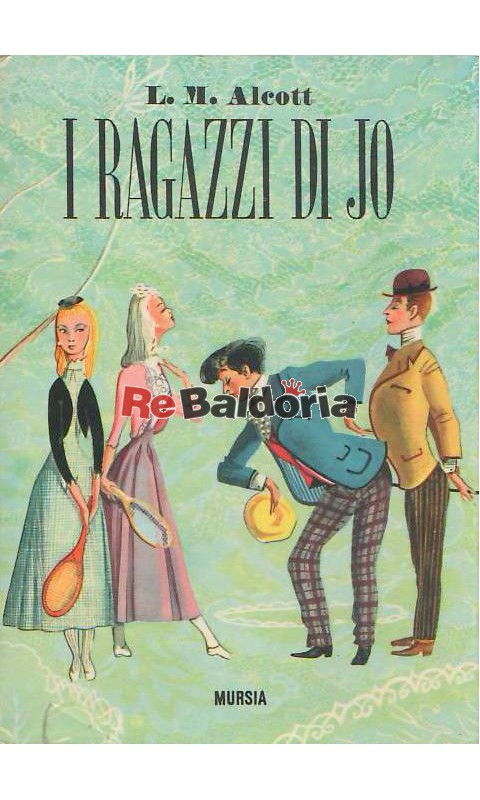

This is far from the only time Alcott expressed such a sentiment.

“ have fought my fight… with a boys spirit under my ‘bib & tucker’ & a boys wrath when I got ‘floored.’” “I was born with a boys nature & always had more sympathy for & interest in them than in girls,” Alcott wrote in an 1860 letter to close friend Alfie Whitman. “I never liked girls or knew many” she wrote in an 1868 journal entry, “except my sisters” - but this, it turns out, was enough for the resulting “girls’ story,” Little Women, to become a massive hit.Īlcott did identify with boyhood and manhood, though. “I fell with a crash into girlhood,” she wrote, in an 1855 letter to her father, “& continued falling over fences, out of trees, up hill & down stairs tumbling from one year to another till strengthened by such violent exercise the topsey turvey girl shot up into a topsey turvey woman.”Īlcott felt so removed from girlhood, in fact, that when a publisher asked her to write a “girls’ story,” she balked. “People think I am wild and queer.”Īn outdoorsy, athletic child, Alcott made fast friendships with boys and delighted in their rough-and-tumble games - long past the point where such play was considered appropriate. “I don’t care much for girls’ things,” Alcott wrote in a childhood journal entry. Wild and QueerĮven as a child, Alcott didn’t identify with girlhood.

She also published under the androgynous pseudonym A.M. Alcott.” On the cover of the first edition of Little Women, Alcott is credited as L.M. The Alcotts, who were big on nicknames, generally opted to call her “Lu” or “Louy” (pronounced “Louis”), and Alcott usually signed letters as “Lou” or “L.M. Much like Jo, Alcott almost never went by her full name, preferring more masculine alternatives. Was Alcott a trans man? That vocabulary didn’t exist in Alcott’s time, but, as the Louisa May Alcott Society says, “ so important to acknowledge that never fit a binary sex/gender/sexuality system.” Read on to learn more about Lou, and how her gender non-conformity influenced her beloved writing.Īnd yes, Alcott preferred “Lou” to “Louisa.”Įarly in Little Women, Alcott’s avatar Jo March complains, “I can’t get over my disappointment in not being a boy.” Sister Beth soothes her, saying, “ou must be contented with making your name boyish, and playing brother to us girls.”


 0 kommentar(er)
0 kommentar(er)
